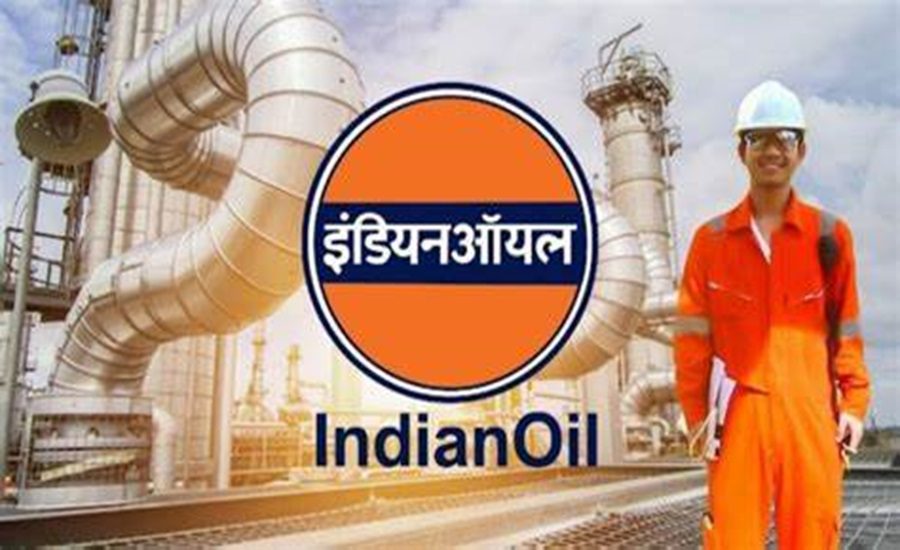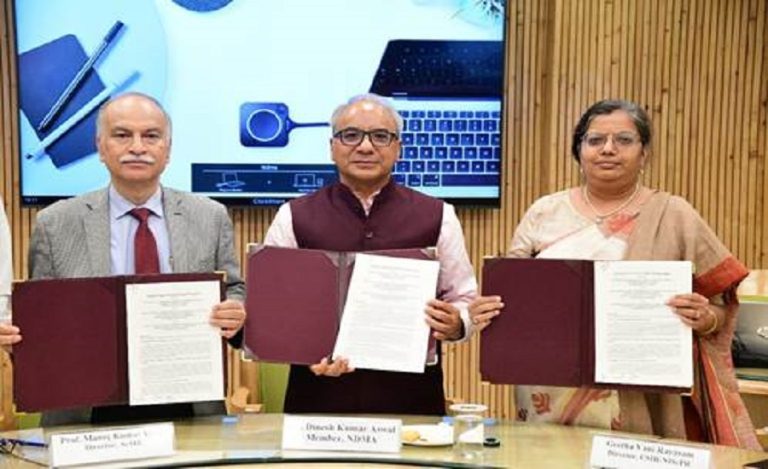New Delhi: The Indian Oil Officers’ Association (IOOA) and a coalition of central trade unions have expressed strong objections to Indian Oil Corporation Ltd’s (IOCL) ongoing pipeline restructuring and the Petroleum and Natural Gas Regulatory Board’s (PNGRB) recent move to designate petroleum product pipelines as common carriers. In separate letters addressed to IOCL management and Petroleum Minister Hardeep Singh Puri, the groups warned that these changes could undermine operational safety, reduce control over strategic infrastructure, and pose risks to India’s energy security.
Officers Demand Transparency Amid Restructuring Concerns
In a letter dated July 7, 2025, the IOOA criticized the restructuring initiative, which IOCL has justified under the banners of “synergy” and “cost competitiveness.” The officers highlighted a “disturbing lack of transparency” surrounding the Independent/Common Carrier pipeline framework and demanded clear communication about the legal and regulatory status of the proposal.
The association has called for full disclosure of all correspondence with PNGRB and urged for a joint meeting with IOCL management to address concerns. The officers stressed that the current opacity has created widespread unease and a morale crisis within the workforce.
Trade Unions Warn of Safety Risks and Operational Dilution
On July 8, central trade unions—including INTUC, AITUC, CITU, and HMS—sent a joint letter to the Petroleum Minister opposing the merger of IOCL’s pipelines division with the marketing division. The unions warned that reducing the size of the operations team and splitting responsibilities could weaken technical oversight, delay emergency responses, and increase the risk of pipeline accidents, particularly in densely populated regions.
The letter underscored that hydrocarbon pipelines require specialized institutional knowledge, and any compromise in safety protocols could have “catastrophic consequences” for lives, property, and the environment.
PNGRB’s Regulatory Push Toward Open-Access Pipelines
The concerns surface amidst a broader government policy shift toward open-access, shared petroleum infrastructure. The draft Petroleum and Natural Gas Rules, 2025, circulated earlier this month, mandate sharing petroleum pipelines to ensure equitable access for various stakeholders.
PNGRB’s Action Plan 2025–26 further clarifies this direction, emphasizing the identification of “high-volume corridors” for petroleum product movement and promotion of a National Product Pipeline Grid under a common carrier model. The regulator aims to encourage a modal shift from road and rail transportation to pipelines, working with oil marketing companies, refineries, and private players to stimulate demand for shared pipeline infrastructure.
IOCL’s Internal Report Flags Erosion of Control and Investment Risks
An internal report by the IOOA, obtained by PSU Watch, cautions that the common carrier designation may compel IOCL to open nearly half of its 5,900 km pipeline capacity (out of 80 million tonnes total) to third-party use. This, the report claims, risks diluting IOCL’s control over strategic assets built for captive use and reduces profitability.
Moreover, under the new PNGRB tariff regime effective August 2024, pipeline operators will earn a regulated post-tax return of 12 percent—lower than IOCL’s previous margins under an integrated model. The IOOA warns this tariff shift could undermine planning for new refinery projects lacking assured pipeline evacuation, jeopardizing future investments.
PNGRB Advocates Enhanced Competition and Efficiency
Conversely, PNGRB defends the common carrier framework as vital for eliminating redundant pipeline infrastructure, lowering carbon emissions, and expanding access to smaller private fuel marketers.
The regulator maintains that open access will lead to cost savings, better infrastructure utilization, and improved service across high-demand regions. PNGRB’s 2025–26 action plan underscores a commitment to transparent processes, shared infrastructure development, and the eventual realization of a “One Nation, One Tariff” regime for India’s pipeline logistics network.
Energy Infrastructure Future
The debate highlights the tension between maintaining operational control and enhancing competitive access within India’s petroleum pipeline sector. As IOCL officers and unions press for clarity and safeguards, PNGRB’s open-access policies push for modernization and inclusivity—setting the stage for critical discussions on India’s energy infrastructure future.
About IOCL
Indian Oil Corporation Limited (IOCL), trading as Indian Oil, is a government-owned, integrated oil and gas company in India, a “Maharatna” company. Established in 1959, it’s the largest oil producer in the country and plays a crucial role in fulfilling India’s energy needs. IOCL’s activities range from refining and marketing petroleum products to exploring and producing crude oil and gas.
About PNGRB
The Petroleum and Natural Gas Regulatory Board (PNGRB) is India’s statutory regulator for the petroleum and natural gas sector, established under the PNGRB Act, 2006. It is responsible for regulating refining, transportation, distribution, marketing, and sale of petroleum products and natural gas, ensuring fair trade practices, consumer protection, and fostering investment in infrastructure.
.Also Read: From Oil to Defence: IOCL’s Niranjan Bhalerao Selected as Director (Finance) at GRSE – Know More About Him




























